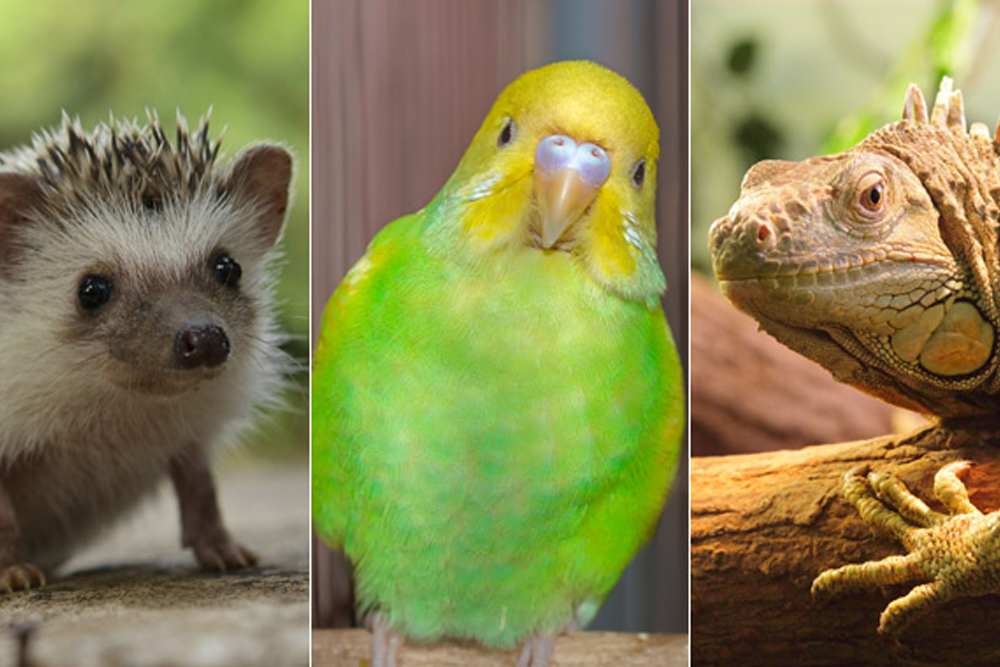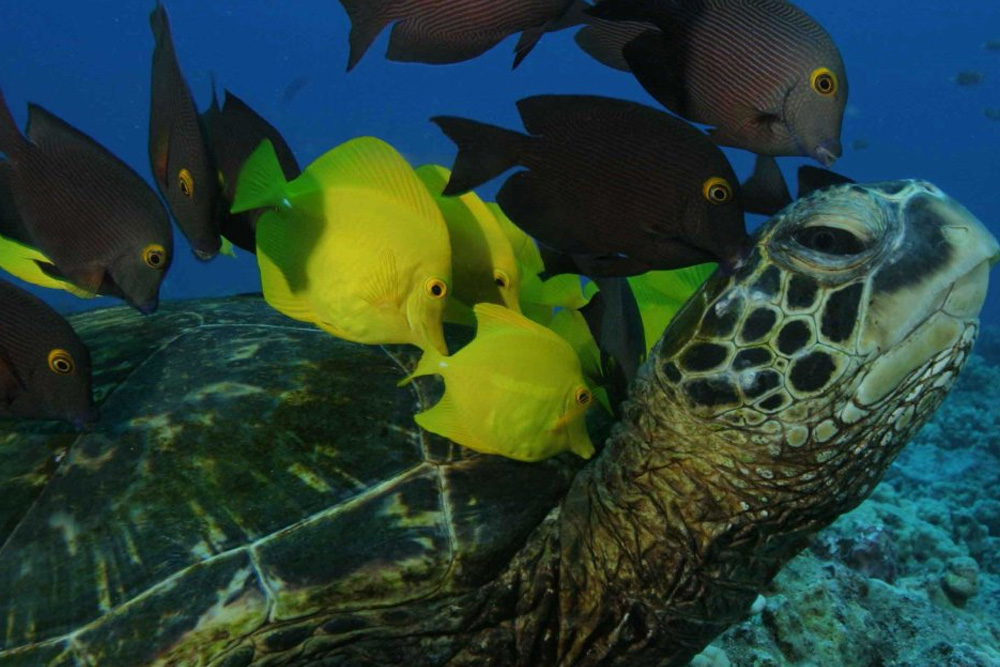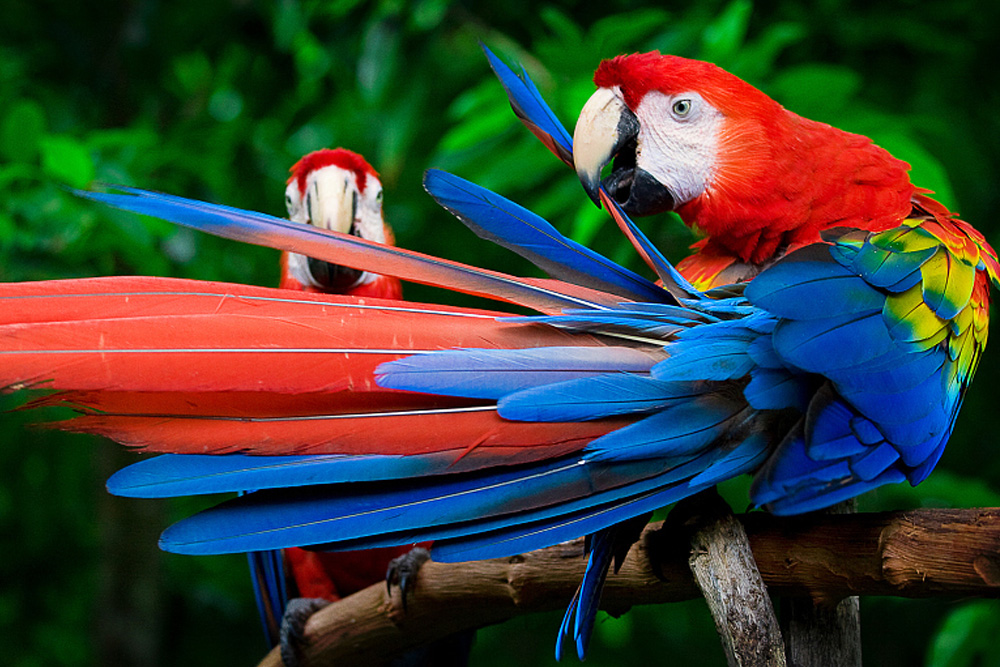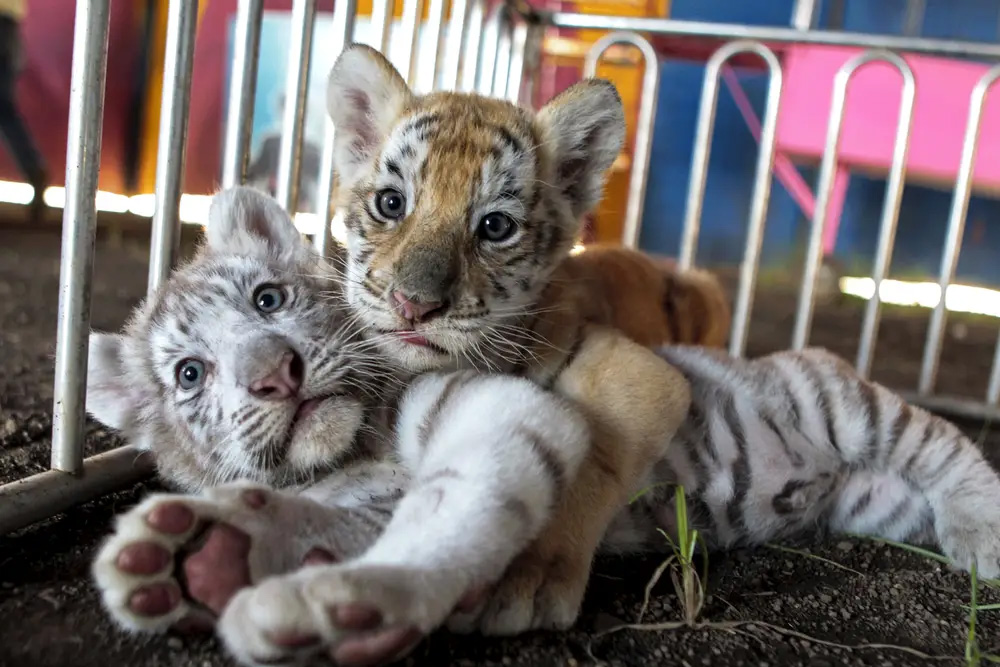Meeting the Special Needs of Exotic Pets Species

Exotic pets can make exciting and unique companions, but they also require specialized care and attention. Before acquiring an exotic pet, it is important to understand their particular needs and make sure you can properly care for them. Many exotic pets have complex requirements for housing, feeding, and handling. Some exotic pets can live a long time, so you need to be prepared to commit to their care for the lifetime of the animal.
Proper housing is one of the most important things to consider for an exotic pet. Many exotics have specific temperature, humidity, and lighting requirements in their enclosure. For example, reptiles are cold-blooded and require heating elements and UVB lighting to maintain a proper body temperature. Birds also need large, spacious cages as well as multiple perches at different levels. Aquatic animals like fish and amphibians need filters and heaters to keep their water conditions clean and at an appropriate temperature.
Related articles
1- Treat Your Pet Like Family: 10 Fun Activities to Do Together
2- Keep Your Pet Healthy and Happy with Regular Veterinary Check-ups
3- How to Keep Your Pets Mind Sharp with Unique Games and Foods!
4- From Fat to Fit: Home Exercises for Your Obese Pet
The diet of exotics pets can also be quite complex. Many must eat specific types of live or fresh foods. For example, lizards often eat live insects such as crickets, mealworms, and waxworms. Fresh fruits and vegetables should be provided daily for animals like tortoises, birds, and some rodents. The proper balance of nutrients must be maintained, which may require supplements of certain vitamins and minerals. Always do thorough research on the specific dietary needs of an exotics pet before acquiring them.
Some exotics pets require specialized handling and interaction. Many reptiles and amphibians do not enjoy frequent handling and interaction with people. Birds and rodents, on the other hand, are very social animals and require daily interaction and mental stimulation. Proper handling technique is important to keep these exotics pets tame and friendly towards their owners. But handle with care, as even small animals can bite or scratch if they feel stressed or threatened.
- Proper housing: Most exotic animals require specialized enclosures like cages, aquariums or terrariums. They need appropriate temperature, humidity and lighting conditions. For example, reptiles need UVB lighting and heating, while birds need large cages and multiple perches.
- Specialized diet: Many exotic animals require specialized diets, such as certain types of live or fresh foods. For example, lizards need live insects such as crickets, mealworms and waxworms. Fresh fruits and vegetables should be provided daily for animals such as turtles, birds and some rodents. The proper balance of nutrients must be provided, which may require supplements of certain vitamins and minerals.
- Proper interaction and handling: Some exotic animals do not enjoy frequent interaction and handling with humans, such as reptiles and amphibians. Others, such as birds and rodents, are very social animals and require daily interaction and mental stimulation. It is important to master proper handling techniques to keep these exotic pets tame and friendly towards their owners. However, handle with care, as even small animals can bite or scratch if they feel stressed or threatened.
- Long-term commitment: Many exotic animals can live a long time, so you must be willing to commit to providing them lifetime proper care. Never obtain an exotic pet on impulse, as this often leads to neglect or abandonment of the animal.
- Specialized veterinary care: Exotic animals need vets trained in exotic animal medicine who can provide proper and species-specific medical care. This can be difficult and expensive to find.
- Specialized diet: The diet of exotic pets can be quite complex. Many must eat specific types of live or fresh foods. For example, lizards often eat live insects such as crickets, mealworms, and waxworms. Fresh fruits and vegetables should be provided daily for animals like tortoises, birds, and some rodents. The proper balance of nutrients must be maintained, which may require supplements of certain vitamins and minerals. Always do thorough research on the specific dietary needs of an exotic pet before acquiring them.
In summary, exotics pets are wonderful creatures, but they have very specialized and complex needs. Before getting an exotic pet, make sure you understand their housing, dietary, and handling requirements fully. Exotic pets can live a long time, so you must be willing to commit to providing them a lifetime of proper care. If you do your research and are able to meet an exotic pet’s specific needs, they can make an exciting and rewarding companion animal. But never get an exotic pet on impulse, as that often leads to neglect or abandonment of the animal.
Sobre o Autor




0 Comentários